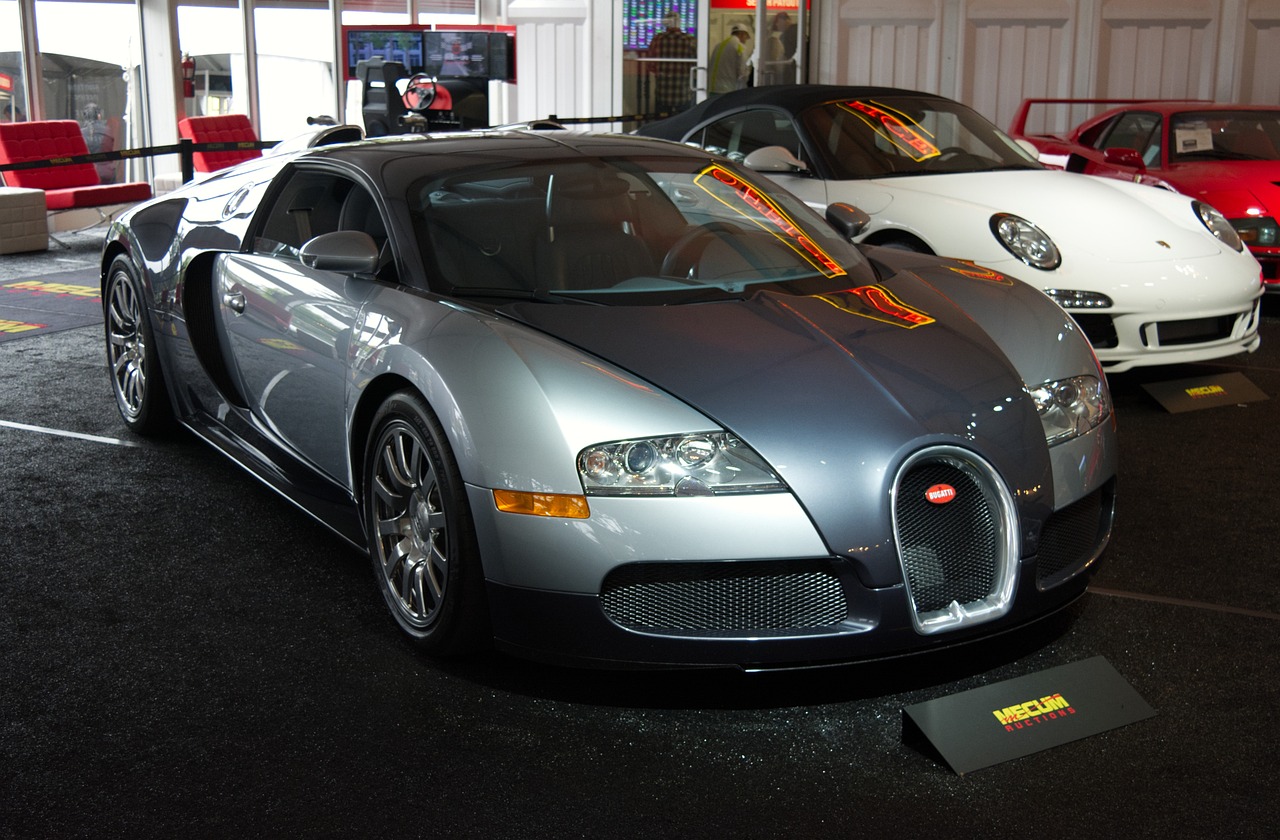Introduction to Chiron, the Centaur
Chiron, known as Kheiron in Greek mythology, was the most prominent and wise among the Kentauroi, or Centaurs, a unique group of half-horse men hailing from Thessaly. Distinct from his wild brethren, Chiron was an immortal being, fathered by the Titan Kronos (Cronus) and the nymph Philyra. Rhea’s unexpected intervention during Kronos’s union with Philyra led to his swift transformation into a horse to avoid detection, resulting in Chiron’s exceptional dual nature.
Chiron was raised on the slopes of Mount Pelion, nurtured by the daughters of the Centaurs. He stood out not only for his wisdom and gentleness but also as a celebrated mentor to numerous legendary heroes, including the Argonauts Jason, the great Achilles, the healer Asclepius, and the demi-god Aristaeus.
In a tragic twist, Chiron was accidentally wounded by Herakles during a skirmish with other Centaurs. The injury was infused with poison from a Hydra, inflicting immense and unrelenting pain on Chiron. Unable to endure his suffering, he chose to relinquish his immortality. In recognition of his noble spirit, Zeus immortalized him in the heavens, creating the constellation Sagittarius.
Depictions of Chiron
In ancient Greek artistry, Chiron is portrayed differently from the other Centaurs. He is typically depicted with the full form of a man from head to toe, with a horse’s hindquarters, often clad in a chiton and boots. This unique representation may have roots in the restrictions of theatrical costumes in Greek drama, where simplifications were necessary. Conversely, the other Centaurs, who did not make appearances in Attic plays, were often illustrated in their full equine forms without clothing.
The etymology of Chiron’s name signifies “skilled with the hands,” connecting him to healing practices and the term “surgeon” in Greek, reflecting his reputation as a healer.
Chiron’s Lineage and Offspring
Parents
Chiron’s magnificent lineage includes Kronos and Philyra, as recorded in various ancient texts including Apollodorus and Pindar.
Offspring
Chiron fathered notable figures including:
– The Nymphs of Pelion (with Chariclo)
– Endeis
– Melanippe
– Ocyroe (with Chariclo)
– Karystos (with Chariclo)
Chiron’s Role in Ancient Myths
Chiron was famed for his incredible knowledge and fair judgment, distinguishing him from his counterparts known for their brutish behavior. He educated illustrious heroes in various disciplines, including sports, music, and healing, showcasing his versatility and intellect.
Mentorship of Key Figures
Chiron was the principal mentor to Achilles, among others. He taught Achilles not only combat skills but also the art of medicine, deeply influencing the hero in both warfare and healing.
His connection to Asclepius, the god of medicine, highlights Chiron’s pivotal role in ancient medical lore. He is credited with imparting medical knowledge to several heroes, exemplifying his importance in the development of ancient healing arts.
Chiron’s Tragic End and Legacy
Chiron’s death came about through an unfortunate event involving Hercules. A misfired arrow struck him, delivering a wound that, while serious, was more symbolic of fate than combat. Despite his healing abilities, Chiron could not alleviate his own suffering. Prometheus offered to take Chiron’s place in the cycle of immortality, allowing Chiron to embrace mortality willingly. Subsequently, Zeus commemorated Chiron by placing him among the stars as Sagittarius, sealing his legacy as a noble figure encapsulated in myth.
Conclusion
Chiron represents the harmonious blend of human intellect, the virtues of compassion, and the spirit of inquiry within the chaotic world of the Centaurs. Easily bridging the sacred and profane, his life and teachings encapsulate the essence of mentorship, healing, and wisdom, enshrining him forever as a paragon of virtue in mythology.



